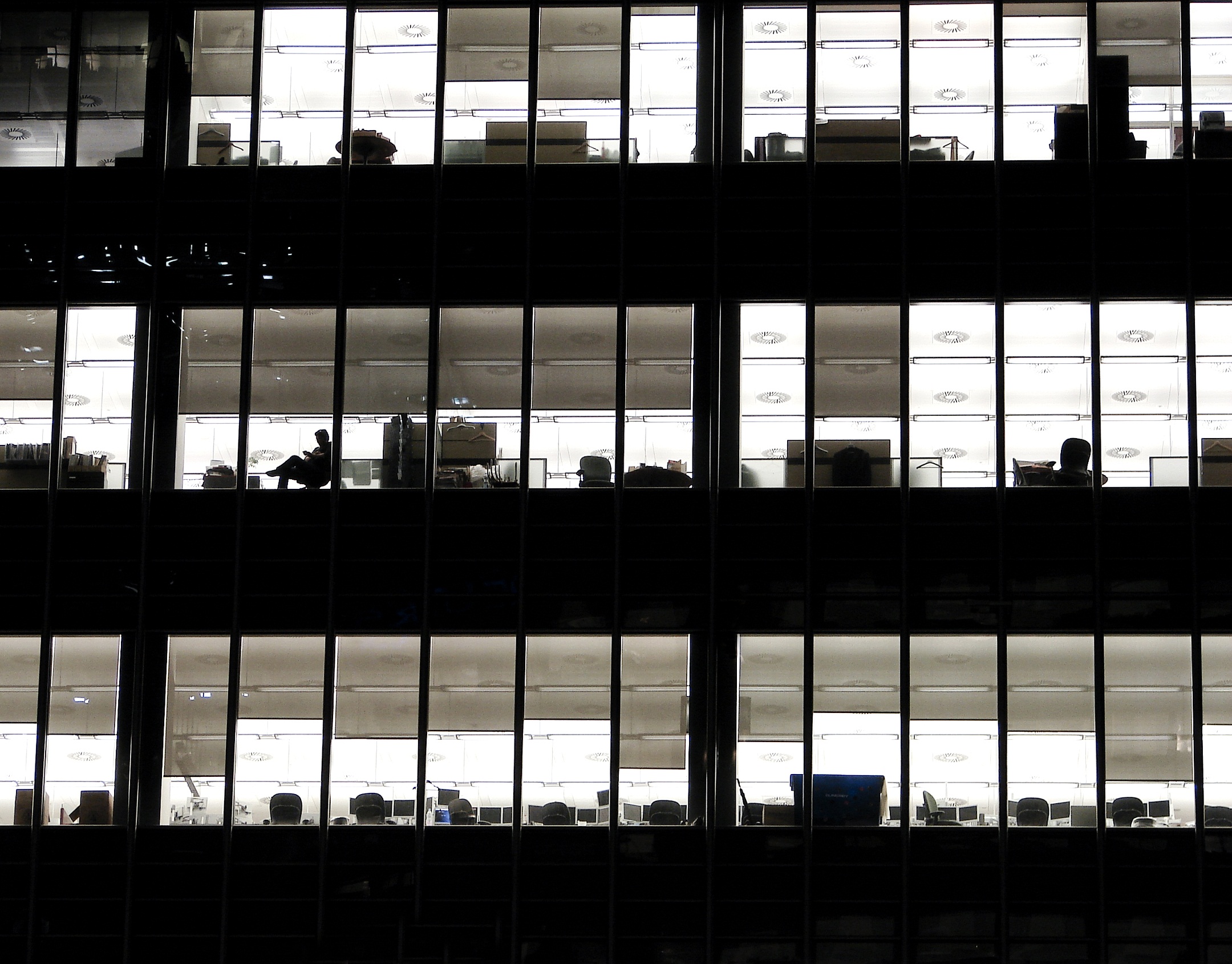With the recent eurozone crisis and high unemployment rate, demand for new commercial properties including offices and retail shops in the UK are on the decrease. This led UK commercial property values to decline for the first time since July 2009, according to the Investment Property Databank (IPD). The results were based on appraisals of 3592 commercial properties, with a total value of £34 billion.
According to the IPD, the average values of retail shops, warehouses and offices decreased by 0.1 per cent last month from October of this year. This news came as a shock as the UK commercial property values had gained 17.8 per cent over the previous 27 months, which was contributing towards the recovery of the 44 per cent decrease between 2007 and 2009.
Malcolm Hunt, Director of IPD in the UK has expresses, “Poor economic growth forecast, the ongoing eurozone crisis and high unemployment and inflation still hovering around 5 per cent has left consumers and businesses, occupiers and owners alike feeling out of pocket. Deep uncertainty about the potential of the UK to avoid recession next year is now finding its way into property values”.
The 0.1 per cent overall decline in commercial property values in the UK was mainly contributed by a significant 0.4 per cent decline in the value of retail commercial properties outside London. IPD commented, “A combination of steadily declining occupier demand outside of London and fading investor sentiment has largely driven the declines in retail values. London is still seeing positive capital growth, but this is now being outweighed by poor regional performance”.

Similarities can be observed for office values throughout the UK. Office values in London’s West End increased by 0.7 per cent, however, overall office values in the UK only increased by 0.1 per cent. Mr Hunt expressed, “Outside of London, office values movements remained negative across all regions, whilst the accumulation of stock for sale, and subsequent uncertainty in investor sentiment, has led to a slowdown in the city.”
It therefore appears that it is just commercial properties outside of London that are on the decline, which is also resulting in the whole UK commercial property industry down.
Speaking of the issue, Tony Key, Professor of real estate economics at the City University London, said: “In a normal cyclical recovery we would have seen rents moving from zero about the middle of this year, just ending up and oozing into one to two per cent growth. You can write off across the board if forecasts of almost no economic growth in 2012 prove accurate”.
Previous Post
Derby’s £100 Million Redevelopment Moves A Step Closer
I’m not that much of a online reader to be honest but your
blogs really nice, keep it up! I’ll go ahead and bookmark your site to come back later on. Cheers